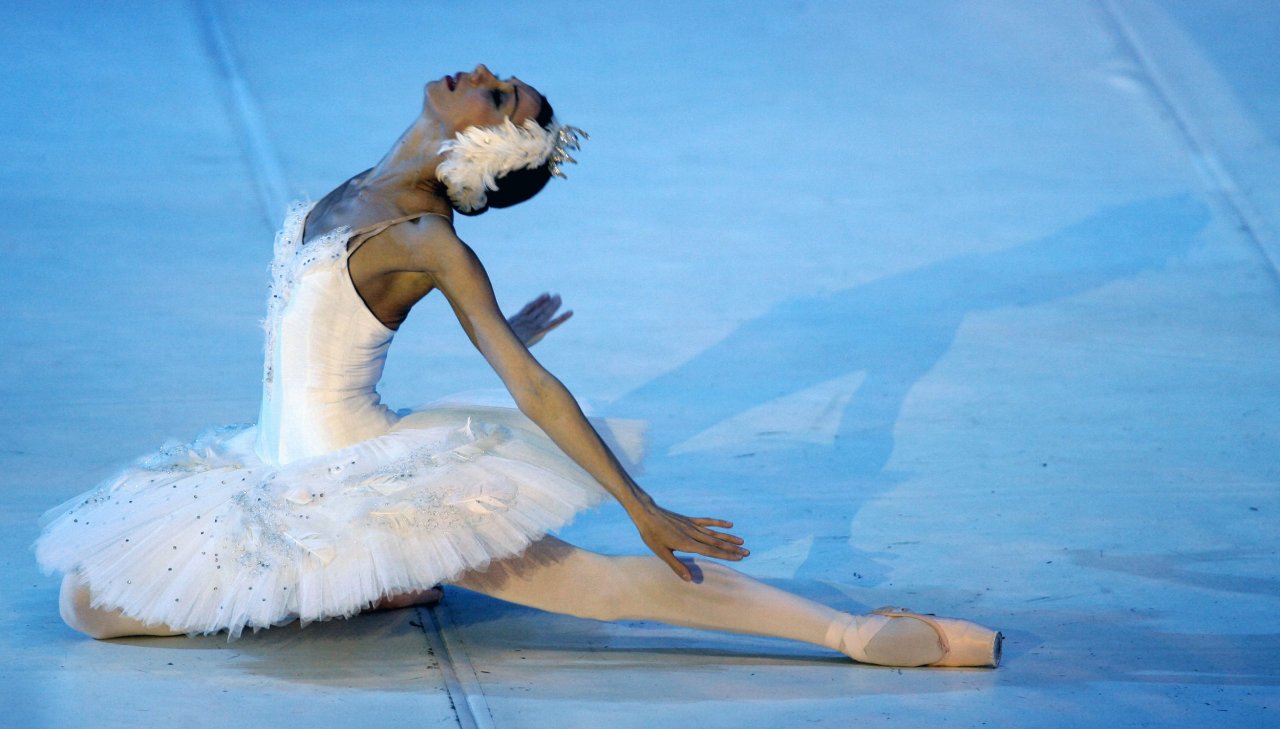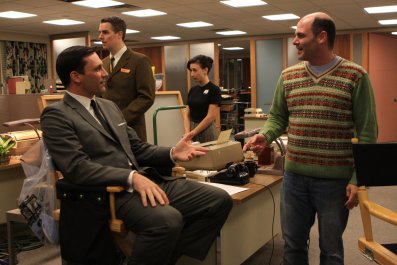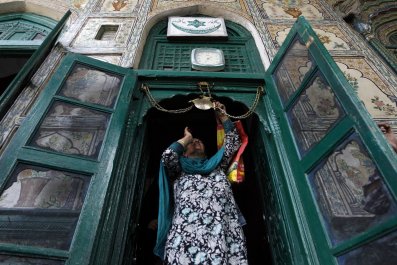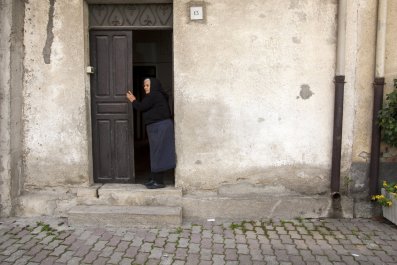The show can't possibly go on. Or, at least, no ballet company should be expected to woo paying audiences without its principal dancers twirling and whirling in hand-stitched tutus.
And there's the problem. There just aren't enough tutus to go around.
"Fashion colleges don't teach students how to sew; they just teach them to be designers," says Opera Philadelphia's costume director Millie Hiibel. "I get applicants who don't even know how to sew on a button."
So serious is the crisis that Opera Philadelphia's new production of Giuseppe Verdi's Don Carlo is under threat because Don Carlo requires a huge range of hand-stitched costumes strong enough to withstand the nightly rigours of the lead role.
"We pay the best rates in the city but there just aren't enough qualified stitchers available," says Hiibel.
The shortage of costume makers (stitchers in industry speak; tutu-makers in public parlance) is causing headaches at opera and ballet companies around the world.
"Opera houses in smaller cities are in a terrible situation," says Rainer Gawenda, head of costumes at Bühnenservice Berlin, the Berlin opera house's joint costume and set workshop department. "And it's about to get worse because many older tailors and seamstresses are nearing retirement."
Stitchers are the unsung heroes of any opera or ballet performance. With their expert hands and eyes for detail, they create elaborate costumes that don't just have to look beautiful and fit the performer perfectly but must also survive for years being worn by performers of different body shapes.
"A good opera house seamstress has the same skills as a surgeon," says Hiibel. "It's just that she's lower-paid."
What's more, many opera and ballet companies employ stitchers on a freelance basis, making it an unattractive career choice for fashion graduates. And unlike general tailoring, which leading fashion houses now outsource to China, tutu-making is so specialised that it can't be done on the cheap on the other side of the world.
The trade takes several years to learn, which is why London's Royal Opera House is about to launch a costume-making degree programme. The first students will enrol this September and though they're not obliged to join the Royal Opera House upon graduation, they'll enjoy the certainty of a job and career if they do.
But for opera houses that are unable to afford a costume-making degree course of their own, the future looks increasingly uncertain.
"The general demise of the tailoring profession also affects us when it comes to supplies, because the firms that used to supply opera houses with things like buttons are dying off," says Gawenda.
Opera and ballet audiences tend to be a discerning lot. They may never have seen a stitcher in their lives but they'll be the first to notice when sartorial standards are slipping.
"Opera houses will have to use off-the-peg contemporary outfits rather than proper period costumes," says Hiibel.
The cast of Swan Lake kitted out in high street tutus? A night at the ballet may never be the same again.











































